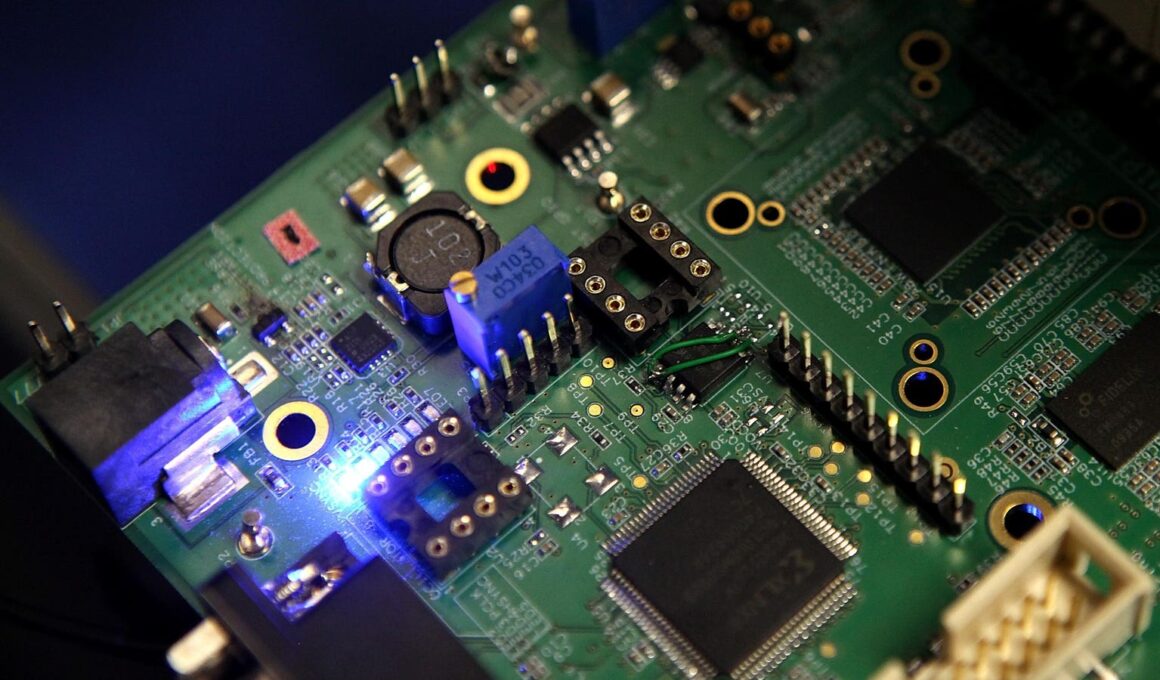Topline
Chip stocks rallied on Wednesday following a report the United States will exempt allies like Japan and the Netherlands from expected trade restrictions on advanced semiconductor technology, paring losses in the wake of a bruising tech stock rout the day before as investors question whether big tech’s big bets on AI are paying off.
Semiconductor stocks rallied on Wednesday.
Key Facts
Stock for major computer chip companies in Japan, the Netherlands and South Korea soared after Reuters reported the countries would be among the U.S. allies exempted from the Biden administration’s forthcoming trade restrictions on advanced semiconductor manufacturing equipment.
Shares for semiconductor equipment maker ASML, the Netherlands’ largest company, led the charge, climbing as much as 11% during trading hours in Amsterdam—the company’s highest intraday jump since early 2020—and though gains atrophied as trading continued, they were still up more than 5% in Amsterdam at the time of writing, with the firm’s Nasdaq listed shares up 7% in premarket trading.
Shares for Japan’s Tokyo Electron and South Korea’s SK Hynix also surged on the news, closing 7.4% and 3% higher, respectively, at the end of trading in Tokyo and Seoul.
U.S. chip firms also rallied on the news, with industry titans Nvidia and AMD leading the way, respectively gaining around 7% and 9% during premarket trading, with the former paring some of its losses from the day before when shares sank more than 7% to a two-month low by market close and the latter delivering an optimistic revenue forecast.
Other U.S. chip firms including Broadcom, KLA Corp, Intel, Qualcomm, Lam Research, Applied Materials and Marvell rallied as well and rose between 2% and 5% in premarket trading to mitigate losses from Tuesday, when all closed at least 2% down at market close.
The chip stock rally comes after a dismal day for big tech stocks as investors offload shares before earnings reports, with key indexes like Nasdaq Composite and S&P 500 tumbling amid falls from the likes of Meta, Microsoft, Nvidia, Amazon and Netflix.
Why Is Biden Planning Semiconductor Trade Restrictions?
Semiconductors underpin the entire tech sector and, by extension, much of the modern world. The precisely etched silicon wafers drive everything from smartphones and cars to computers and blenders to satellites, fighter jets and weapons. They are both economically and strategically important assets, with the global semiconductor industry alone thought to be worth around $600 billion—they also power several trillions of dollars’ worth of other services and goods and are pivotal to developing many emerging technologies like AI—and day-to-day operations would rapidly grind to a halt without them. They are also a rare example of an area where China is dangerously dependent on the rest of the world and for years Beijing has been frantically working to end its reliance on imports. It has made significant progress in recent years but has yet to produce work equaling the best chips coming out of global hubs, namely Taiwan, which produces an outsize share of the world’s semiconductors and Beijing claims as an integral part of its own territory. Shoring up its own semiconductor supply is therefore of significant military concern as well. Washington views its supremacy in the field as a strategic priority for economic and national security and already imposes limitations on kinds of technology that can be shared with China, such as ASML, which produces equipment needed to produce advanced chips. Recently, there have been reports Biden is considering enacting even tougher trade restrictions on the technology to prevent Beijing getting hold of it.
What To Watch For
Biden is expected to unveil the new trade restrictions next month, Reuters reported, citing two unnamed sources familiar with the matter. They will add to existing export controls on chips and chipmaking equipment to China.
What We Don’t Know
Details of upcoming restrictions are not yet public and U.S. officials have not commented publicly on the matter or reports. It is not clear what areas or companies any new restrictions could apply to and Beijing is likely to rigorously object and work to safeguard its own interest. Exports from Taiwan, Israel, Singapore and Malaysia are likely to be impacted, Reuters reported.
Further Reading









